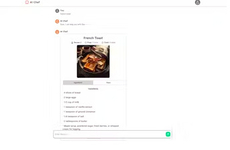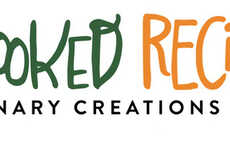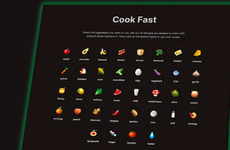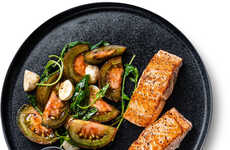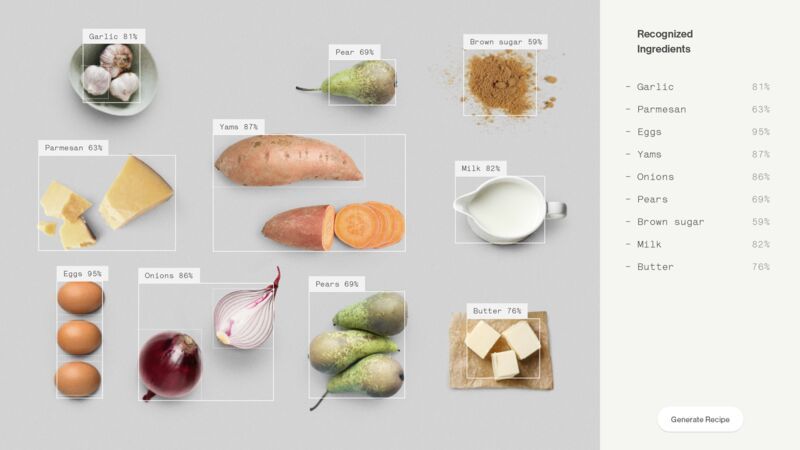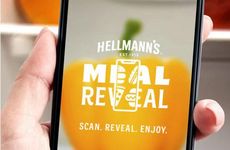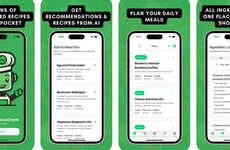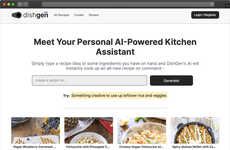
The Algorithmic Chef Identifies Ingredients & Assembles Recipes
Laura McQuarrie — September 15, 2021 — Lifestyle
References: everydayexperiments & designtaxi
One of the newest Everyday Experiments from IKEA's SPACE10 design lab is the Algorithmic Chef and it serves as a personalized cookbook powered by artificial intelligence. This experiment was created by the lab with AI creative studio Osk and it uses a tech-fueled approach to help people make the most of what's already in the fridge, and in the process, reduce food waste.
The concept leverages the power of AI, object detection and Natural Language Processing in order to identify unique ingredients and turn them into original recipes. Some of the recipes that the technology has come up with include Avocado Crepes with Chocolate Cashew Sauce, or Roasted Yam and Pear Gratin.
This experiment is the answer to the question: "What if artificial intelligence could write you a personalised cookbook?"
The concept leverages the power of AI, object detection and Natural Language Processing in order to identify unique ingredients and turn them into original recipes. Some of the recipes that the technology has come up with include Avocado Crepes with Chocolate Cashew Sauce, or Roasted Yam and Pear Gratin.
This experiment is the answer to the question: "What if artificial intelligence could write you a personalised cookbook?"
Trend Themes
1. AI-powered Personalized Cookbooks - Opportunity to disrupt the cookbook industry by providing a more personalized experience using AI.
2. Reducing Food Waste with AI - Opportunity to disrupt the food industry by using AI to help reduce food waste and create unique recipe solutions.
3. Object Detection and NLP in Culinary Applications - Opportunity to disrupt the technology industry by using object detection and NLP in unique culinary applications.
Industry Implications
1. Cookbook - AI-powered personalized cookbooks could disrupt the traditional cookbook industry.
2. Food - Using AI to reduce food waste and create unique recipe solutions could disrupt the traditional food industry.
3. Technology - Using object detection and NLP in unique culinary applications could disrupt the traditional technology industry.
7
Score
Popularity
Activity
Freshness

